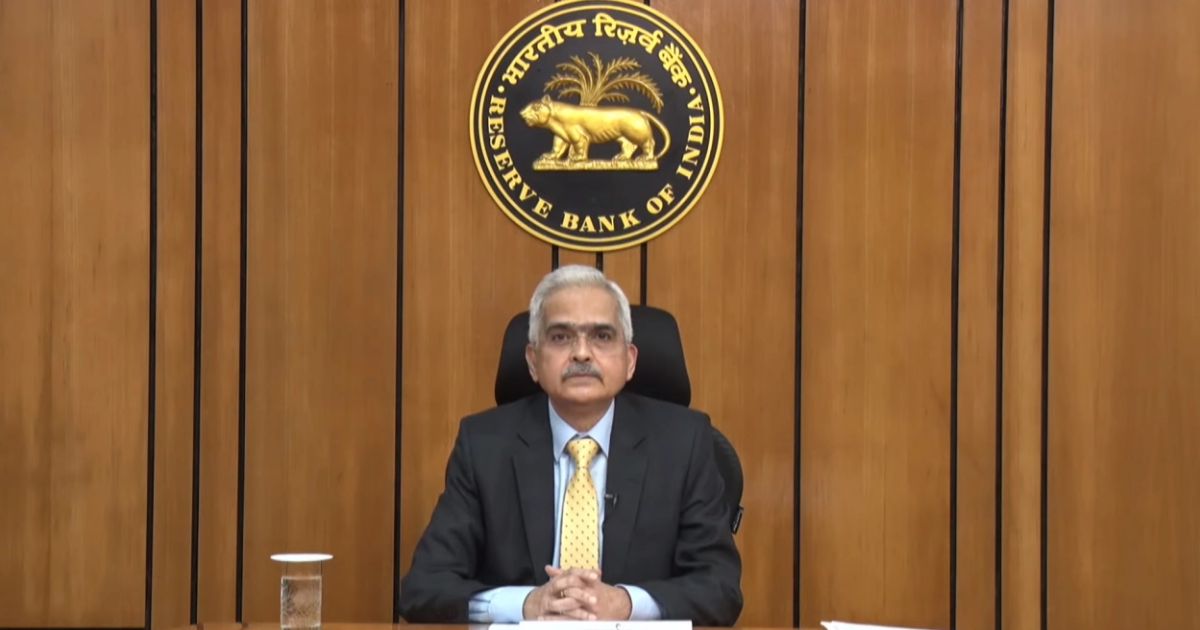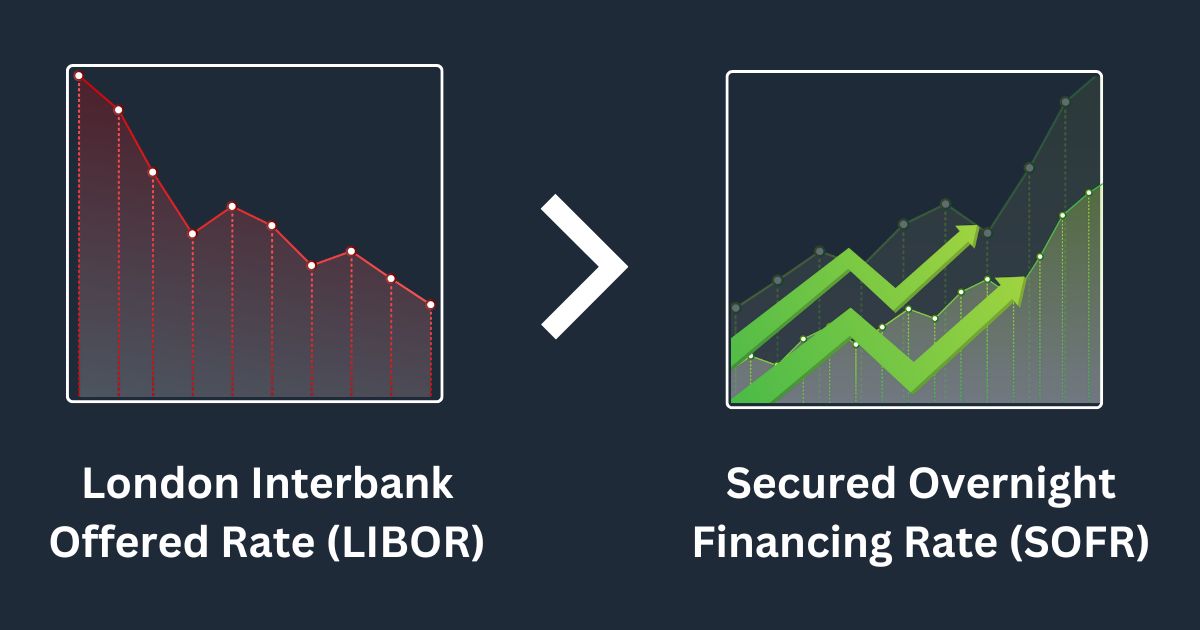According to the Reserve Bank of India (RBI), non-banking financial companies (NBFCs) have consistently grown their portfolio in the micro, small, and medium enterprise (MSME) sector.
Key Highlights
- RBI has released its latest report on the performance of the banking sector during 2022-23 and 2023-24 so far.
- It has noted that growth in loan given by non-banking financial companies to the MSME sector was more than three times that of traditional banks.
- It commended NBFCs for their capability to deliver tailored financial services.
According to the report released by the Reserve Bank of India (RBI), Non-Banking Financial Companies have been consistently growing their portfolio in the Micro, Small, and Medium Enterprises (MSME) sector.
This expansion has addressed the credit requirements of the MSME sector and has played a crucial role in promoting financial inclusion and driving economic growth.
The central bank noted that the co-lending framework for Priority Sector Lending (PSL) also facilitated the flow of credit by NBFCs to the MSME sector, leveraging on the low cost of funds of banks and the greater reach of NBFCs
When comparing the year-on-year growth rate of MSME credit by banks in March 2022 and March 2023, which were recorded at 12.7% and 12.4% respectively, it is noteworthy that NBFCs experienced a higher credit growth towards MSMEs.
Specifically, the credit growth by the non-banking financial companies towards MSMEs was reported at 21.2% in March 2022 and significantly increased to 42.4% in March 2023.
It is worth noting that a considerable proportion of NBFC credit in this sector is attributed to MSMEs operating in service-oriented industries.
As of March 2023, services enterprises accounted for 66.6% share of NBFC credit to the sector vis-a-vis 33.4 % of Industrial enterprises.
The central bank had recently made adjustments to the risk weight assigned to certain types of lending.
This included an increase of 25 basis points in risk weightage for consumer credit provided by banks, as well as NBFCs’ consumer loans.
Credit card receivables also saw an increase in risk weight from 125 percent to 150 per cent, while NBFCs’ credit card receivables experienced a change from 100 per cent to 125 per cent.
FIDC opposes the action as it can curtail NBFCs’ Growth

Nevertheless, as per the Finance Industry Development Council (FIDC), a prominent NBFC organization, this action unintentionally has the capability to significantly diminish the availability of credit to MSMEs, self-employed individuals, and other sectors that heavily depend on credit from non-banking financial companies.
Risk weight refers to the amount of capital that banks must allocate for disbursed loans.
This is especially concerning as the MSME and self-employed segments are recovering from the impact of Covid-19 and are now seeking to increase their capital expenditure through modernization and expanding productive capacity.
The FIDC has stated that the cost of funds for these essential sectors is expected to rise significantly.
















